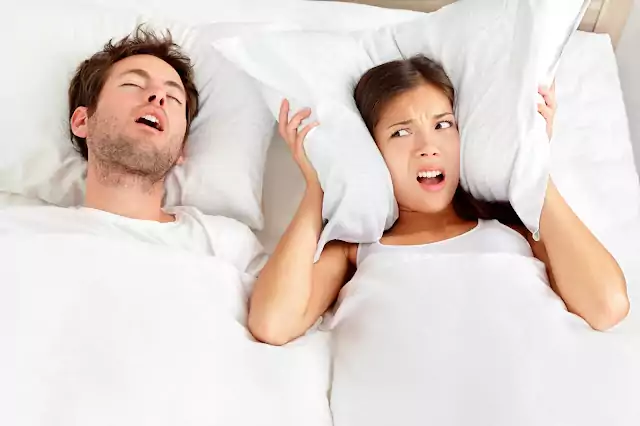If one grew up watching, Sesame Street, then it is likely that they have heard a song titled “Everybody Sleeps”. This “activity”, however, does not always occur on the same schedule for all. Some people prefer to stay up late and sleep in while others ascribe to the “Early to bed early to rise” lifestyle. Unfortunately, for those keen on the latter, being a late night person is seen as some type of character defect.
Consequently, for numerous employees all over the world, working a standard 8a.m. to 5p.m. job is a great challenge. Matter of fact, for some people the early morning job requirement have been so difficult to uphold that employment has been terminated. With this concern and others related to sleep habits in mind, there have been recent studies to understand sleep patterns and how they affect one’s work and productivity.
Sleep Studies and Job Performance
According to a study reported in Science Journal scientist have found a genetic mutation called the “after-hours gene (Afh)” or “PLAY68”. The Afh is related to the gene Fbx13 which controls the breakdown of certain proteins within the body’s cells. The Afh affects circadian behavior, digestion, and metabolism. So far, studies on mice with the Afh gene have shown that some mice have body clocks that stretched upwards to 27 hour day cycles.
Other sleep studies such as those by the Universite’ de Lie’ge in Belgium have shown that while the “early bird may get the worm” people who are night owls have more stamina. Testing of early risers and “late-nighters” showed that while there was no difference in the attention levels in the two groups after 1 ½ hours of waking, the late night group was more focused after 10 ½ hours of wakefulness.
In studies at the University of Alberta, it was found that early risers are more excitable in the morning and conversely, that night owls are more excitable in the evening. Regardless of where one fits in this group, the ideal scenario is their having a job or greatest responsibilities scheduled when they are most alert. Unfortunately for many this is not an option. Consequently, many employees are working at below their optimum performance level.
Sleep Patterns and Personality
For years those who are night owls have taken flack from those who are early risers. Comments such as “You wasted half the day” and being told one is lazy are common remarks about late night people. However, most night time people would argue they receive the same amount of sleep each day as their early rising counterparts, but not necessarily during the same time frame. Thanks to research, these facts have been found:
- Early risers are often more agreeable and have more stable personalities.
- Morning people have a tendency to be more consistent.
- According to the University of Alberta test, “That because early riser’s brains are most excitable in the morning, these workers may not be performing at their maximum possible levels at all times of the day.” This is because an early riser’s peak is at 9 a.m. and then slowly decreased.
- Early risers are often healthier as night owls have a higher risk of diabetes, obesity, and cardiovascular disease.
- Evening people become mentally and physically stronger throughout the day, but the maximum amount of work morning people produced remained the same.
- Early risers prefer to gather knowledge from known facts and to reach a decision based on logic and analysis.
- Early risers are more likely to exhibit self-control, more respectful, and make great efforts to make a good impression.
- Night owls are often more imaginative and open to unique and alternative ideas favoring the unknown and making intuitive leaps as conclusions are reached.
- Evening people are generally independent and non-conformist.
- It is not unusual for night owls to be more reluctant to listen to authority.
When it comes to whether it is better to be a night owl or a morning person, there is much more to be learned. But until then, perhaps the best plan is to learn to work together and respect the talents that each person has. After all, working together goes a lot farther than arguing over whose sleep habits are best.
